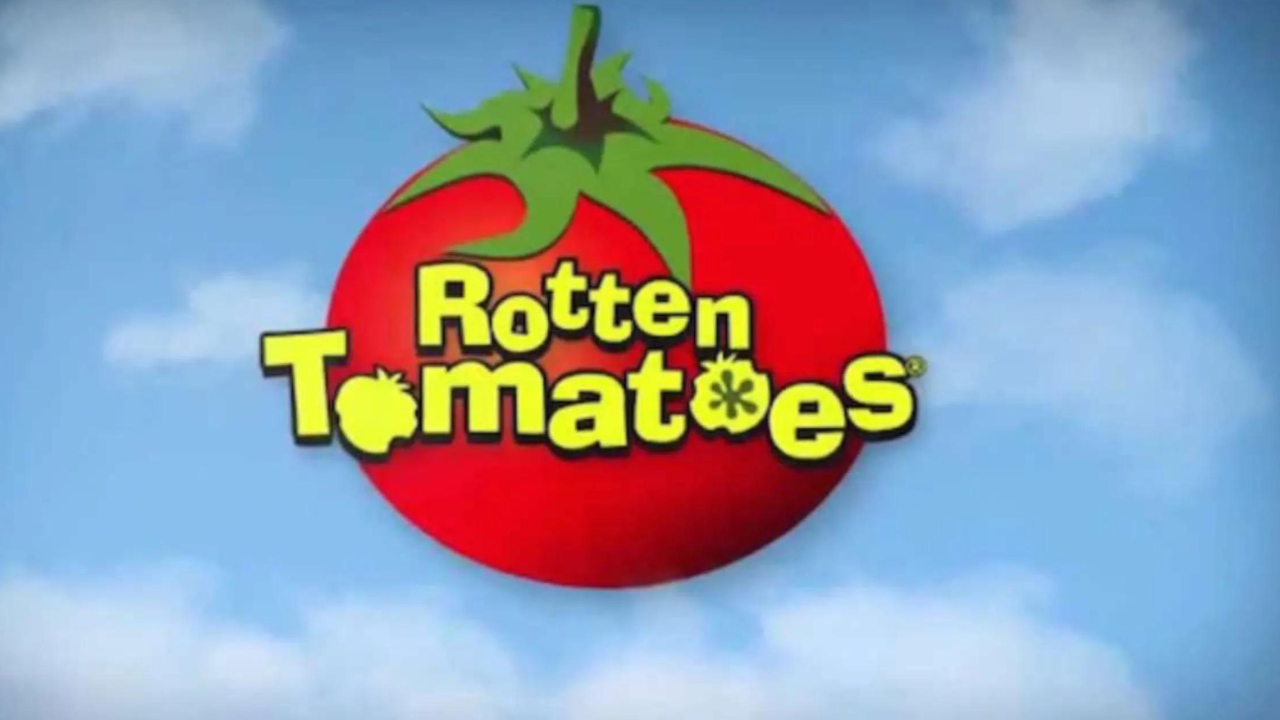In today’s world of endless entertainment options, choosing what to watch can be a daunting task. Whether it’s the latest blockbuster movie or a trending TV series, knowing if it’s worth your time and money is important. This is where Rotten Tomatoes steps in as one of the most popular and trusted review aggregation sites.
What Is Rotten Tomatoes?
Launched in 1998, Rotten Tomatoes aggregates reviews from both professional critics and everyday viewers to provide a clear, easy-to-understand snapshot of how a movie or TV show is perceived. The platform’s influence has grown significantly over the years, becoming a go-to resource for those looking to make informed viewing decisions.
Understanding the Tomatometer
At the heart of Rotten Tomatoes is its Tomatometer, which displays a percentage score based on the number of positive reviews a movie or TV show has received. It works as follows:
- Fresh (🍅): If a film or show gets a score of 60% or higher, it earns the “Fresh” label, indicating that the majority of critics liked it.
- Rotten (🤢): If the score falls below 60%, the movie or show is considered “Rotten,” signaling that more critics found it underwhelming.
The Audience Score
In addition to critic reviews, Rotten Tomatoes also features an Audience Score, which represents the percentage of viewers who rated the film or show positively. This score helps balance the views of professional critics with the opinions of everyday moviegoers, allowing users to compare both perspectives before making their decision.
Criticism and Controversies
While many appreciate Rotten Tomatoes for its simplicity and ease of use, it’s not without its detractors. Some argue that the Tomatometer oversimplifies reviews and fails to capture the nuance of individual critiques. Others feel that it sometimes unfairly influences the success of a film, as a low Rotten Tomatoes score could discourage potential viewers.
Moreover, there have been instances where audience reviews were manipulated, leading to changes in how the platform moderates user-submitted ratings.
Why Rotten Tomatoes Matters
Despite the criticisms, Rotten Tomatoes remains a significant player in the entertainment industry. Studios often tout their “Certified Fresh” ratings in marketing materials, and a good Tomatometer score can drive audiences to theaters or streaming platforms. Conversely, a low score can lead to box office struggles.
For viewers, the site is a valuable tool, helping them quickly assess the general reception of a film or series without sifting through hundreds of individual reviews.
Final Thoughts
Rotten Tomatoes has cemented its place as a trusted source for movie and TV reviews, helping millions of people decide what to watch next. While it may not capture every detail of critical opinion, its combination of professional and audience scores offers a well-rounded view of what’s worth your time. Whether you rely on the Tomatometer or prefer the Audience Score, Rotten Tomatoes makes it easier to navigate the ever-expanding world of entertainment.
